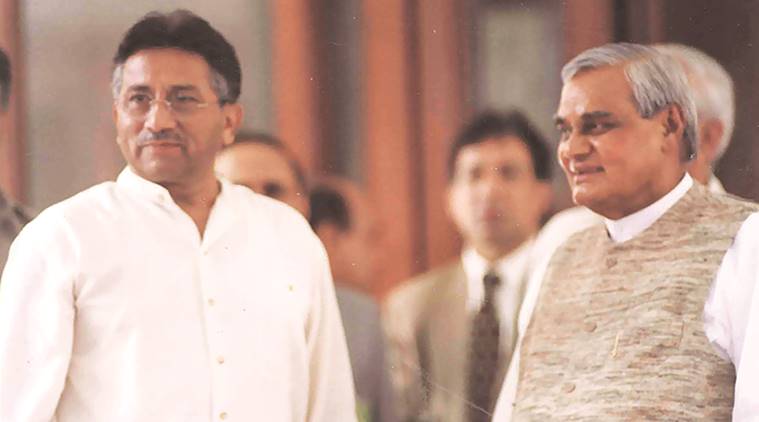Written by Nirupama Subramanian |Mumbai |Updated: February 18, 2019 3:53:21 pm
Pulwama terror attack: Punishing Pakistan — these are options India has
Pulwama terror attack: As New Delhi considers coercive diplomacy after the terror attack in Kashmir, a look at the various measures it has tried in the past, and what their impact has been.

In his book Choices — Inside the Making of India’s Foreign Policy, former National Security Adviser Shiv Shankar Menon writes that the reason India did not take the route of military retaliation against Pakistan after 26/11 was that there was more to be gained from not falling to that temptation.
In the first place, an Indian military attack on Pakistan would have pushed back the terrorist attack on Mumbai from Pakistani soil, forcing the world to focus on the spectre of war between two nuclear-armed nations; second, it would have united civilian Pakistan behind the Army, whose national image had descended several notches in the newly democratic atmosphere suffused with popular anger over Benazir Bhutto’s assassination.
Watch video: What is Jaish-e-Mohammed, the terror group that attacked the CRPF convoy
A war with India was exactly what Pakistan wanted to buttress its internal standing. By not playing into the Pakistan Army’s hands, Menon says, India managed to bring international attention to the India-focused terrorist infrastructure in Pakistan — before 26/11, the US was worried only about getting Osama bin Laden and Pakistan-based Taliban groups that were targeting it.
But Menon also noted that should there be another attack from Pakistan, with or without visible backing from the Pakistani state, it would be “virtually impossible” for any government of India to make the same choice again, mainly because of Pakistan’s stubborn refusal to act against the perpetrators of 26/11. “The circumstances of November 2008 no longer exist and are unlikely to be replicated in the future,” he warned.
No visible gain from strikes
Last week’s suicide vehicle-borne IED attack on the CRPF convoy in Kashmir that killed 40 jawans has had an impact on the national psyche almost identical to that of the Mumbai attacks. And as Menon forewarned, the national circumstances are very different than they were 10 years ago — with the BJP in power under a leader who banks on an image of being “strong”, and with elections just weeks away, there are compulsive internal arguments for the government to choose military retaliation. Additionally, India no longer feels obliged not to undermine Pakistan’s civilian government — Prime Minister Imran Khan and his ministers repeatedly declare that the government and Pakistan Army are on the same page.









.png)




























No hay comentarios:
Publicar un comentario